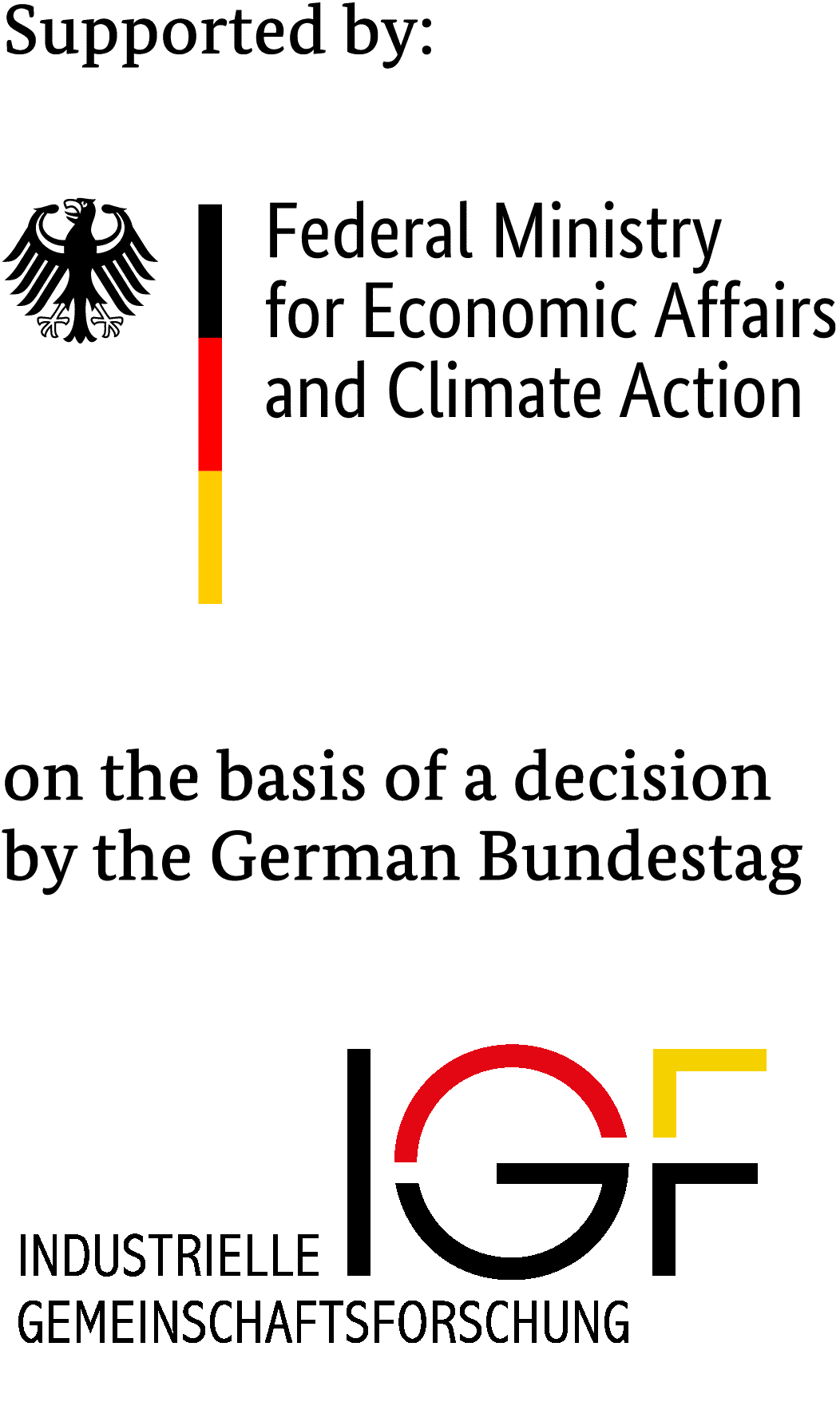The continuous increase in energy and resource efficiency in the production of cement poses a challenge for the stability and thus the control of the process. AI applications or machine learning applications such as soft sensors or assistance systems for production controllers represent promising solutions for process control and optimisation. The successful use of such solutions can contribute to the reduction of thermal and electrical energy demand, an improvement in product quality and an increase in the proportion of alternative fuels and raw materials. However, this requires robust AI applications that do not jeopardise the operational safety of the complex production plants in the cement industry.
However, the lack of knowledge of the process-engineering and informatics variables influ-encing the stability of machine learning applications represents a significant hurdle for suc-cessful application in practice. In particular, SMEs in the cement industry without access to central technical facilities do not have specialists in computer science or data science to build such robust solutions. And SMEs from the field of control engineering and data analysis often do not have the necessary process engineering experience to adapt their solutions according to the process requirements.
Using the example of the AI application of a virtual sensor (soft sensor) in the industrial envi-ronment of the cement industry, the impact of changing process conditions on the prediction quality of the soft sensor is investigated. On the one hand, the process-technical influence is recorded through regular process investigations. On the other hand, the robustness of the AI application will be investigated through different stress tests based on real process data. The results will be used to develop measures for the robust design of AI applications in the cement industry.


